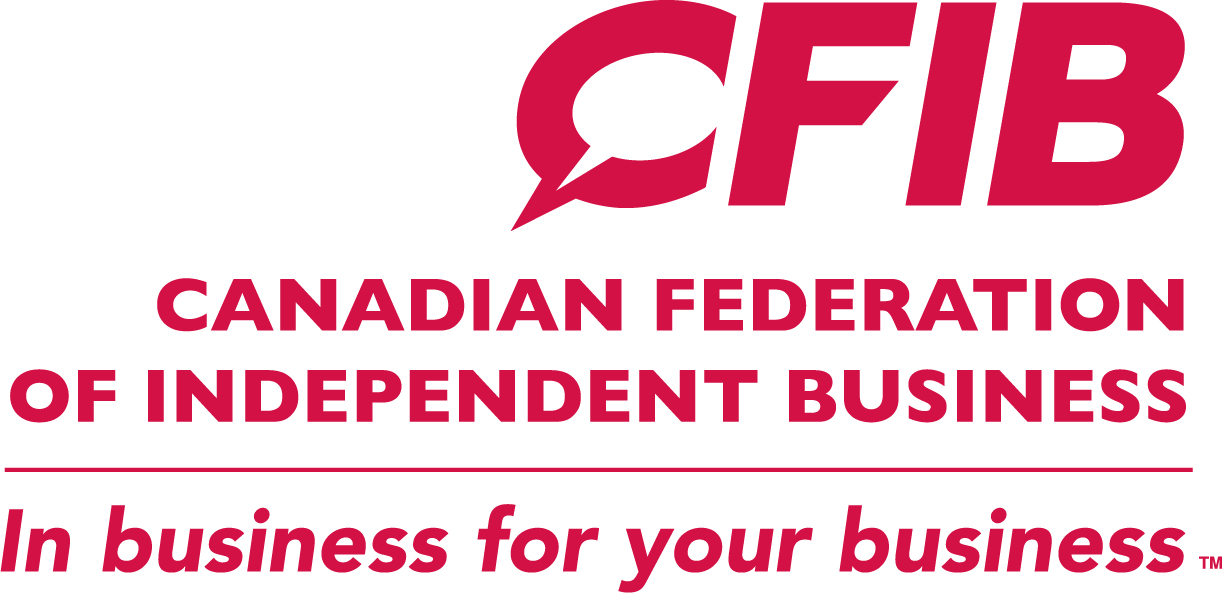Small business supports draft code of conduct for debit and credit cards
Following massive credit card merchant fee increases over the past year and with plans set to be launched for a fundamental change to Canada's debit card system, Finance Minister
"We believe the Minister has hit nearly all of the important principles to ensure that merchants have some say in the planned enormous change to Canada's debit card industry," said
"CFIB believes the most important element of this code is that merchants will be able to choose how debit transactions will be routed. Merchants should be the ones to choose how credit and debit transactions happen as they are the only ones who actually pay the cost of transaction fees. Allowing merchants this power will help protect against the plans of credit card companies and some banks to dictate the routing of the transaction, impose negative options for merchants and consumers and gain market share by using Interac's network as a backstop," she said.
Swift noted that many in the industry report the proposal to allow merchants the choice of how to route the transaction will take time to implement. "We are very concerned that if the technology to allow merchant routing takes time, credit card companies and some banks will use this delay to flood the market with their debit cards, undermining the spirit of the code. An interim strategy is extremely important as it is difficult to unscramble the egg once the cooking begins," she added. Specifically, CFIB has suggested that until a solution to allow full merchant routing is functioning, the code should prohibit so-called 'co-badged' cards where both Interac and Visa or MasterCard debit options exist for domestic transactions. In fact, as a solution to allow full merchant routing may turn out to be time-consuming and complex. A permanent prohibition on co-badging may be the approach.
Among its many recommendations, CFIB has also suggested that the Department of Finance itself is the best agency to provide needed oversight and dispute settlement for the industry. "After reviewing all of the many agencies that could play a role in overseeing the industry, CFIB believes the Department of Finance together with the House of Commons Finance Committee, would be the best path to oversee the credit and debit card marketplace from both the administrative and political levels," Swift added.
In its lobbying efforts to secure a code of conduct and to explain the confusing changes in the industry, CFIB released a short video to outline the problem facing merchants. CFIB's "Wallet of Mysteries" video can be found on YouTube at: http://www.youtube.com/watch?v=eYeo2JAj2Ss
"Changes to Canada's excellent and low-cost debit system are too important to be left to chance," Swift said. "We are calling on government to keep up the positive momentum by quickly finalizing the code, compelling all industry players to adopt it and preparing an interim strategy until the code can be fully implemented."
A summary of CFIB's recommendations is available at www.cfib.ca and the full submission is available upon request.
For further information: or to arrange an interview contact Adam Miller or Meghan Carrington at (416) 222-8022 or visit us at www.cfib.ca

Share this article